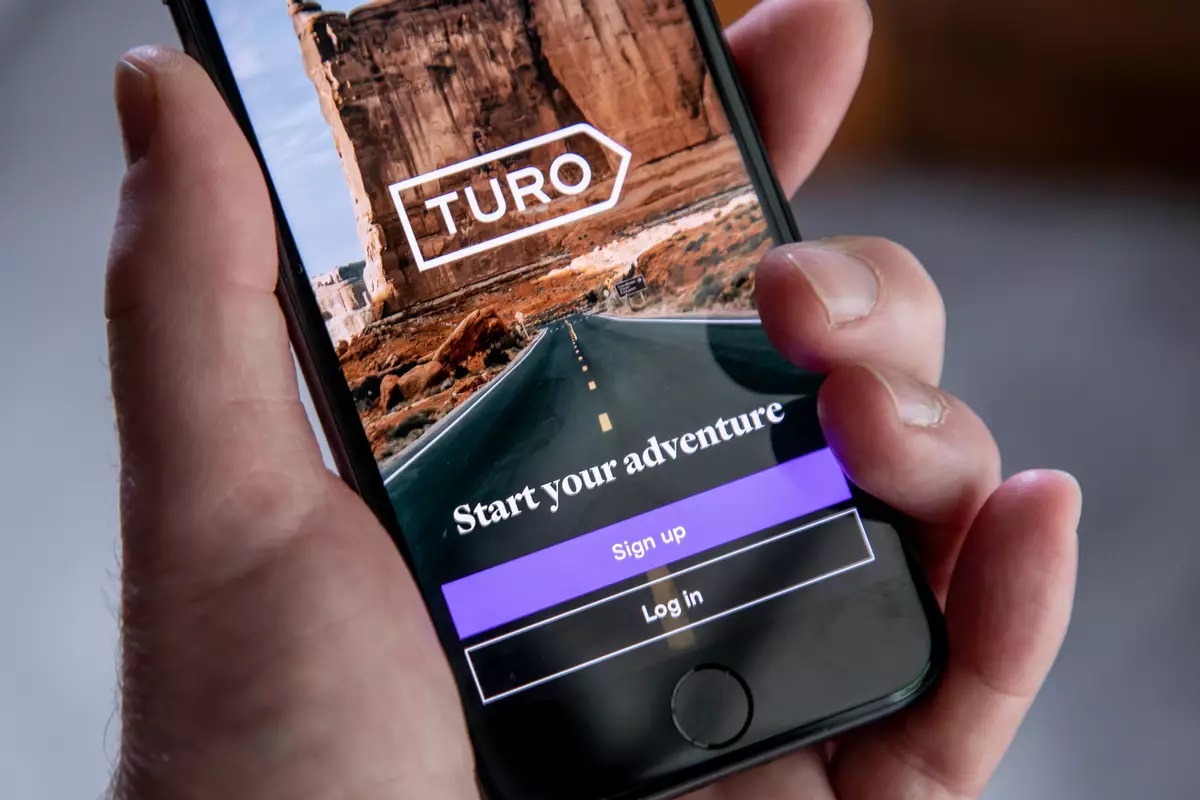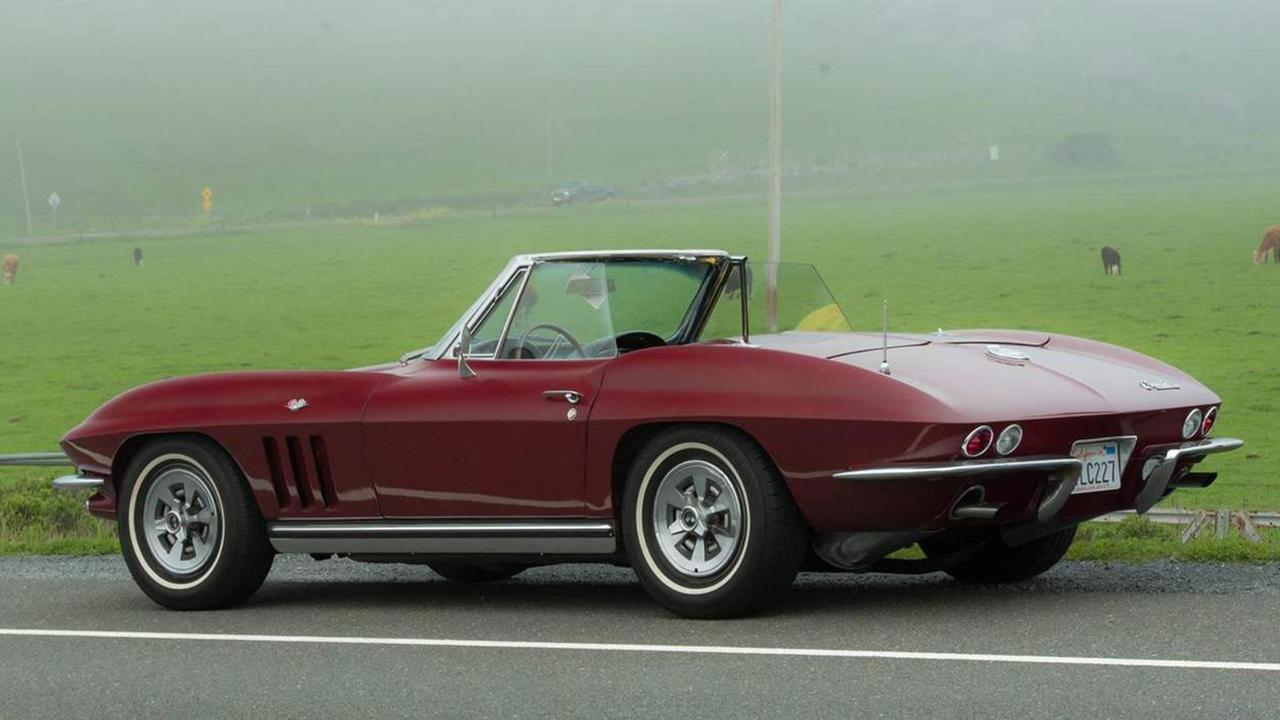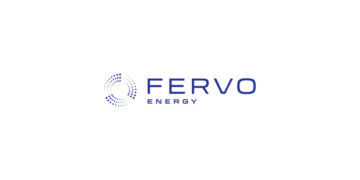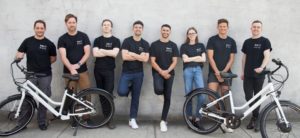The Daimler-backed, peer-to-peer car-sharing startup Turo has filed for its initial public offering, the latest transportation-related startup to sell its shares on a public stock exchange.
The company that had a bumpy pandemic ride in which it had to lay off 30 percent of its workforce proposes to sell $100 million of stock, but that figure could change as Turo gets closer to its public debut.
The twelve-year-old San Francisco-based company is opting for a traditional IPO rather than following the flock of merging with a special acquisition company (SPAC).
The marketplace analogous to Airbnb in the car-rental segment has shifted the gears right in its ride to success, letting car owners post an ad to rent out their vehicle on its app and website.
Entered a niche market

When most companies solved short-distance and short-term transportation by offering scooters, bikes or drivers through their platform, Turo went for a segment less serviced.
Instead of coming up with similar business models, such as Uber, Lyft, Didi, Grab, etc., the company ventured into the long-distance and medium-term transportation market, which was less crowded at the moment.
It solved the issues left behind by other car rental companies in the space like offering a limited selection of models, confusing pricing and add-ons, providing no confirmation of the specific car to be delivered, and limited pick-up locations.
Made the platform beneficial for its users

Turo, through its platform, offered benefits for both its guest and host. People booking cars on the platform have access to a vast mix of vehicles, with characteristics that match their preferences much better than that provided by other car rental services. The booking process is simple and flexible, and they know exactly what they’re paying for. It is also cheaper, about 25 percent less than a traditional car rental service.
Kept it simple
Turo offers a simple listing process for car owners and includes several benefits: up to $1 million in liability insurance, contractual protection for damage and theft, and 24/7 roadside assistance. More importantly, it opens up the possibility of making money with an asset parked in their homes. Owners of popular models can make more than $600 per month.
Set it right for the millennials
Turo got the suitable model for the right generation of customers using its services. Millennials don’t tend to own cars and have embraced ‘share’ scheme models in other categories, big-style. Turo seems a perfect fit for this generation. Additionally, Face-to-face rental handovers have reduced insurance damage claims by 60-70 percent.
The company charges a 25 percent cut of the rental price, including innovative insurance options protecting both renter and owner.
Top-quality of information

For Car photography on the platform company hired is professionals, just like Airbnb. This aided the guest in selecting precisely the car they wanted in the location they wanted for the time they want and the owner handed over the car keys to them in person.
It’s also about control over the particular type of car one would like to drive, ranging from a Mini to an Aston Martin, adding to the owner’s convenience.




























